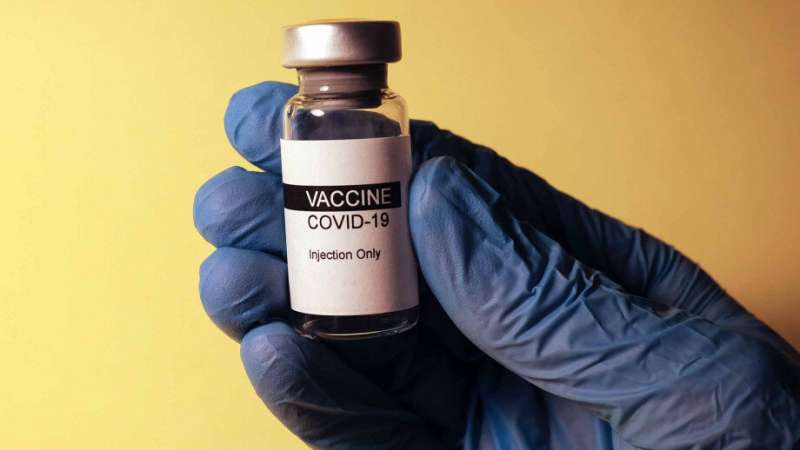
Young women are the most reluctant group in Australia to get vaccinated against COVID-19 but their attitudes could change depending on their confidence in government, new findings from The Australian National University (ANU) show.
Researchers tracked 3,030 people during the pandemic, in a nationally representative study, analyzing the reasons why people are willing to be vaccinated against COVID-19, and attitudes toward vaccination.
“Young women were less willing than other groups to receive the vaccine,” study lead, Dr. Diana Cardenas, said.
“More than half of Australia’s young men, aged 18-24, are keen to get vaccinated as soon as possible—62 percent—compared to 43 percent of young women the same age.”
The study showed older people, aged over 65, were the most willing to vaccinate (80 percent) and most people in Australia (64 percent) indicated they would get the COVID-19 jab as soon as possible.
“We found people—regardless of ethnicity, age and gender—who have greater confidence in state and the Federal governments are more willing to be vaccinated,” ANU Professor Kate Reynolds said.
“Social cohesion also mattered. We found key drivers of getting vaccinated for COVID-19 included when people had a sense of belonging in their neighborhood, and a belief that people are being treated fairly.”
Experts say the research could assist the government in getting reluctant groups and the undecided over the line.
“It shows us trust in the government and social cohesion are important. For example, if young women have been put off the government because of the handling of sexual harassment and political culture, then they could well turn off engaging about vaccination,” Professor Reynolds said.
About 30 percent of young women aged 18-24 reported confidence in the Federal Government compared to the rest of the population at 47 percent.
While, later in the pandemic and at stage three of the study, 43 percent of young women said they were willing to get vaccinated as soon as possible, more than half of the rest of the population (63 percent) want the jab as soon as they can.
Results show in June and July 2020, nearly two out of 10 people (18 percent) said they were neither in agreement nor disagreement in their willingness to get vaccinated for COVID-19 as soon as possible.
By September and October 2020 those sitting on the fence had risen to 20 percent.
“There was no difference in vaccine willingness or hesitancy between individuals born in Australia and those born outside of Australia,” Dr. Cardenas said.
“It was also the case that most states and territories had similar levels of willingness to get the vaccination.”
Source: Read Full Article
